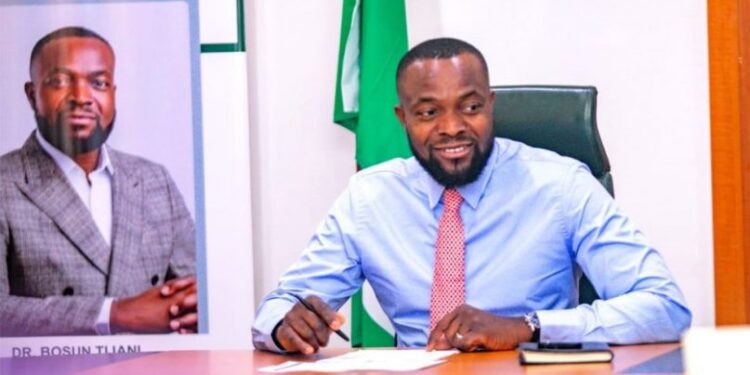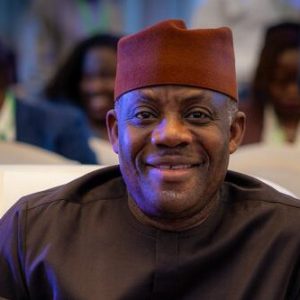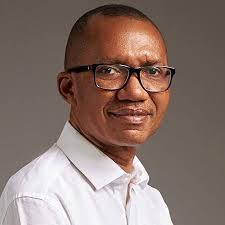Nigeria’s Minister of Communications, Innovation & Digital Economy, Dr. ‘Bosun Tijani, has said the newly launched Nigerian Atlas for Languages & AI at Scale (N-ATLAS) is proof that Africa is not just catching up in artificial intelligence (AI), but actively shaping its future.
He made the remarks at the unveiling of the open-source model on the sidelines of the 80th United Nations General Assembly (UNGA80) in New York.
Tijani described N-ATLAS as more than a language model, calling it a national commitment to unity, inclusion, and global contribution.
The N-ATLAS is a multilingual, multimodal, open-source large language model (LLM) designed to map and digitize Nigeria’s rich linguistic heritage while building datasets to power inclusive AI solutions.
African voices in AI
According to him, by digitizing Nigeria’s rich linguistic diversity, the project places African voices at the heart of the global AI revolution.
“Our goal is to advance natural language processing for underrepresented languages, and in doing so, showcase Nigeria’s leadership in building digital public goods that will empower the continent and contribute to global AI development,” Tijani said.
Also speaking, Nigerian robotics entrepreneur, CEO and co-founder of Awarri, Silas Adekunle, emphasized that the N-ATLAS initiative, powered by Awarri, is about both cultural preservation and empowerment.
“Too often, the technologies we rely on are built for contexts far removed from our realities. With N-ATLAS, Nigeria’s voices and languages are not just immortalized but amplified in the age of artificial intelligence,” Adekunle explained.
- According to him, by making it open source, Awarri has created the foundation that ensures that every developer, researcher, and innovator can build solutions in their own languages and on their own terms.
- Awarri’s COO, Eniola Edun, added that releasing the model as open-source will ensure wider adoption and innovation.
- He noted that by embedding Nigerian languages and cultural contexts into its foundation, the project is enabling solutions that feel authentic and relevant.
Why it matters
Emphasizing the importance of the project, National Director of the National Centre for Artificial Intelligence and Robotics (NCAIR), Dr. Olubunmi Ajala, described the model as a “strategic infrastructure for Nigeria’s AI future,” with potential applications in education, healthcare, commerce, and beyond.
He added that with N-ATLAS, Nigeria is signaling that Africa is not just waiting to be included in the global AI race, it is actively shaping it.
According to him, by digitizing local languages and cultural contexts, Nigeria is laying the groundwork for AI systems that are more inclusive, representative, and globally relevant.
What you should know
Minister Tijani first announced the plans for Nigeria’s first Multilingual Large Language Model in April last year after a 4-day AI workshop in Abuja.
- At the time, the Minister said the LLM would be trained on 5 low-resource languages and accented English to ensure stronger language representation in existing datasets for the development of Artificial Intelligence solutions.
- He also disclosed that the project, a partnership between Awarri, a global tech company, DataDotOrg, the National Information Technology Development Agency (NITDA), and the National Centre for AI and Robotics (NCAIR), would also be supported by over 7,000 fellows from the 3MTT Nigeria program.
Stay ahead with the latest updates!
Join The Podium Media on WhatsApp for real-time news alerts, breaking stories, and exclusive content delivered straight to your phone. Don’t miss a headline — subscribe now!
Chat with Us on WhatsApp




